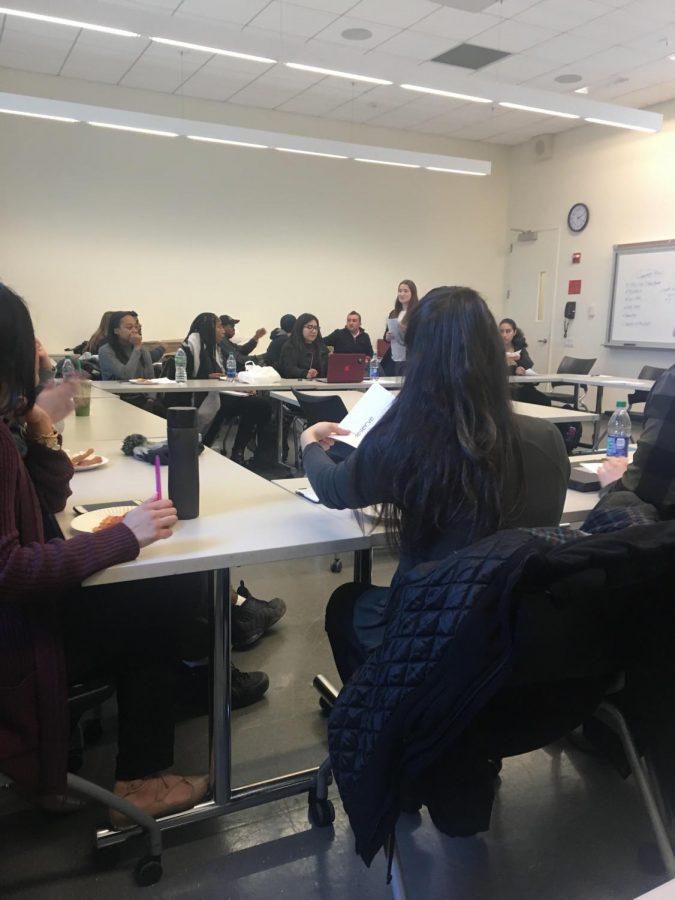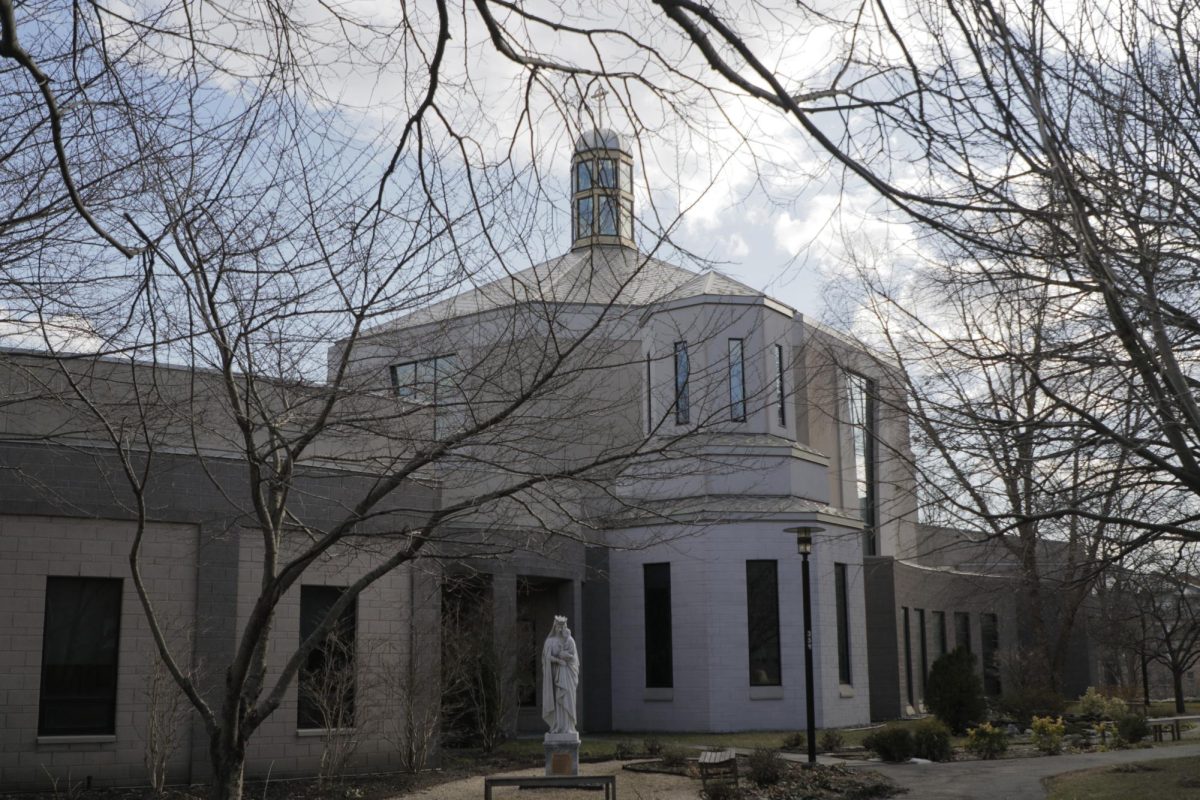This past Monday Feb. 12, Hannah Artiles-Stravers, the director of S.O.A.R., Sexual Violence Outreach, Awareness and Response, held a training workshop on affirmative consent with the program “Knowing Yes!”
This particular training consisted of St. John’s students and members of Greek life organizations on campus.
The number of Greek life students who were required to be there by state law outnumbered the non-Greek life students there who were not required to attend.
The Greek life presidents were required to attend this training due to a New York State law that was recently implemented in 2018.
Other organizations on campus outside of Greek life are required to take this affirmative consent training as well.
Artiles-Stravers explained why this event consisted of mainly Greek life leaders, “Article 129-B is a New York State law that requires organizations to be trained. And what happened today is that we had an open workshop which people register for, and then we had fraternity sorority life that we were going to train.”
Members from Panhellenic, Interfraternal and multicultural organizations were present, including Sigma Pi’s Tim Palladino, Lambda Pi Upsilon’s Cristina Villon and Pi Kappa Phi’s Christian Medley.
The training, which lasted an hour, consisted of presentations and videos created by St. John’s students for St. John’s students, to show examples and scenarios of what affirmative consent is.
The New York Law 129-B states in Section 6441: “Every institution shall adopt the following definition of affirmative consent as part of its code of conduct: ‘Affirmative consent is a knowing, voluntary, and mutual decision among all participants to engage in sexual activity. Consent can be given by words or actions, as long as those words or actions create clear permission regarding willingness to engage in the sexual activity. Silence or lack of resistance, in and of itself, does not demonstrate consent. The definition of consent does not vary based upon a participant’s sex, sexual orientation, gender identity, or gender expression.’”
In compliance with this, the training allowed students to have an open conversation about when to ask for verbal consent vs. non-verbal consent.
Bianca Suchdeve, president of Alpha Sigma Alpha, was in attendance and described the training as informative, but not beneficial unless everyone is required to attend.
“I think it was informative, I don’t know how beneficial it was for just the presidents to attend, I think that maybe as a chapter or even as Greek life as a whole,” Suchdeve said.
She continued by calling this conversation “important” because the topic of consent affects students campus-wide and not just Greek life.
“I don’t think that it’s just Greek life, but the college campus setting in general. I don’t think it stops just at the partying and the drinking, it goes further than that,” she said.
St. John’s University, the S.O.A.R. office and the It’s On Us campaign host several other trainings like this one and students can sign up for them through St. John’s website.
Rules and regulations on this new law and on the affirmative consent definition can be found in the Student Code of Conduct and on highered.nysed.gov.








